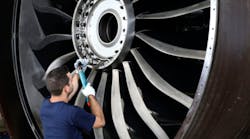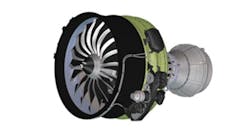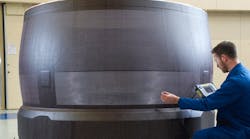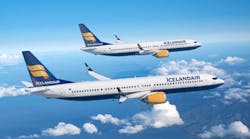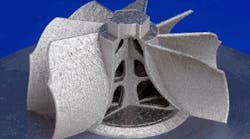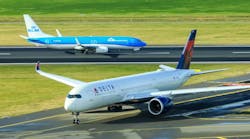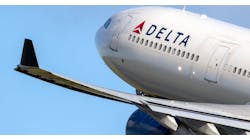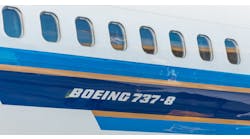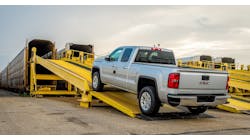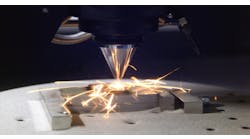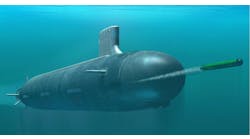GE Aviation and its joint-venture holding CFM International reportedly logged commitments for $40 billion worth of engines and services during the recent Dubai Air Show. While commitments are not firm purchase orders, GE Aviation said that the total brings its 2013 current order book to $114 billion, a 31% increase over the comparable period of 2012.
GE Aviation is a business unit of General Electric, and CFM International is its 50-50 joint venture with Snecma, a French aircraft and rocket engine manufacturer. CFM International produces a range of gas turbine engines, including the LEAP turbofan engine – the acronym stands for “Leading Edge Aviation Propulsion” – that will debut in 2016, powering narrow-body commercial jets like the Airbus A320neo and Boeing 737 MAX commercial jets.
Reportedly, the LEAP is setting industry records for the rate of new orders, having booked 450 new orders at the Dubai Air Show. The total for LEAP engine orders is now more than 5,800.
For GE Aviation, new business highlights included Emirates Airlines' commitment for 300 GE9x to power 150 Boeing 777X twin-engine aircraft. The engine commitment is worth $11 billion engine, according to GE Aviation and represents its largest ever commercial-jet engine award from a single airline.
The manufacturer also listed a number of significant new commitments for its own and CFM’s other engines and services, from Middle East regional and other airlines, all recorded during the Dubai Air Show. These included orders from Etihad Airways, Lufthansa, Pegasus Airlines, Qatar Airways, Turkish Airlines, and several more.
"Year after year, GE has made enormous investments in new technologies that are driving our sales success," stated David Joyce, president and CEO of GE Aviation. "From ceramic matrix composites unique to the propulsion industry to the highest pressure ratios in our compressors, GE is developing a portfolio of reliable technologies that create new levels of operating efficiencies that our airline customers need."
GE estimated the number of its engines installed in commercial aircraft will grow from a current total of 32,000 to over 46,000 by 2020.
